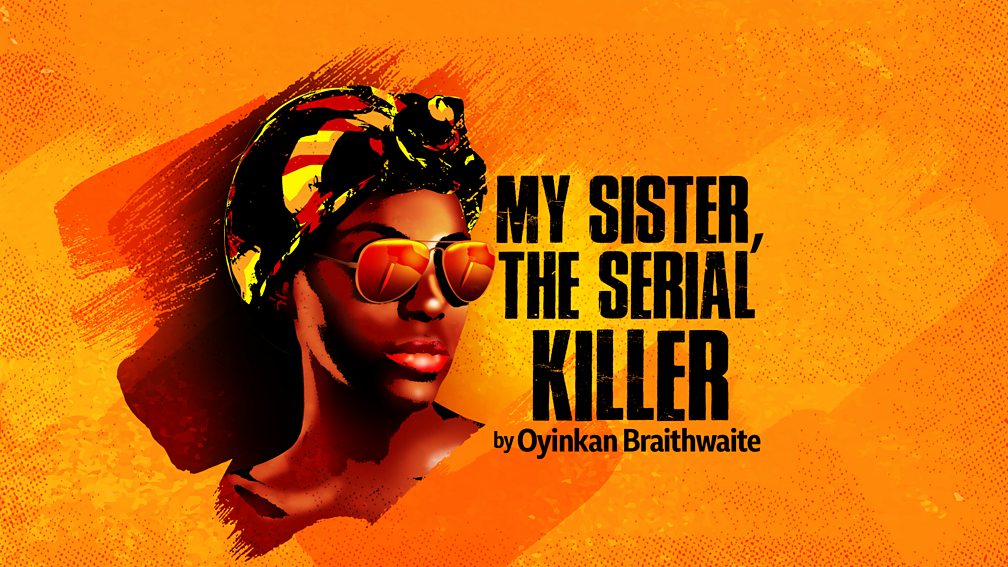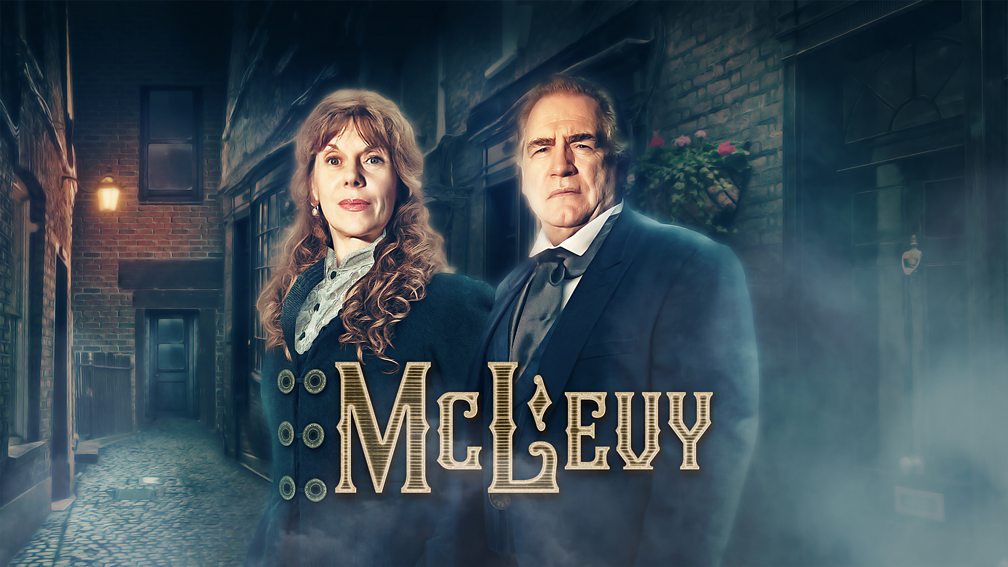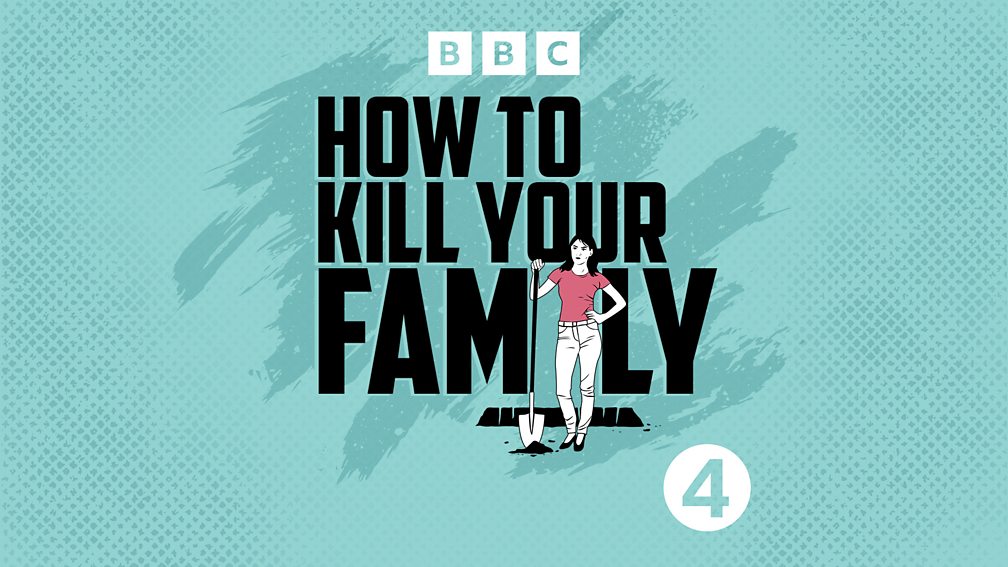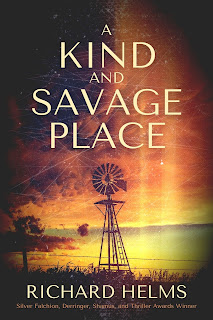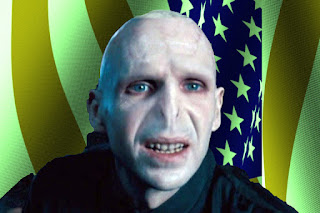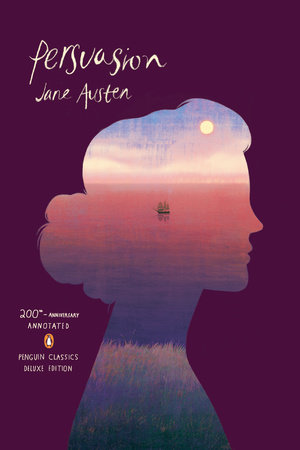Then he was recalled home and sent off to his next adventure, as the British charge d'affaires and consul general to the Republic of Texas from 1842-1846, which became the subject of my thesis, "The Man in the White Hat: Charles Elliot in the Republic of Texas."
I could also have called it "A Parcel of Rogues", because the Republic of Texas had an almost unbelievable cast of characters, beginning (of course) with Sam Houston.
In 1842, Texas had been a republic for 6 years. Samuel Houston, was in his second term as President of Texas. Houston was known for having spent years living among the Cherokees (hence his nickname "The Raven"). In 1827, he became Governor of Tennessee, but had to resign in scandal when he divorced his wife in 1829. (Even Andrew Jackson tossed him to the wolves on this one.) Houston left and went to Arkansas, to live with the Cherokee again, and eventually went to Texas territory. And the rest is kind of history. And some legend. Probably a lot of legend. Some of it told by his own fair lips.
One legend was told on, by or about the French charge d'affairs, the Comte de Saligny, who came to hand his credentials to the President of Texas. He found President Houston sitting crosslegged on the floor, wrapped in a blanket, Indian style, while de Saligny was in full diplomatic gear, and probably sweating heavily. De Saligny began boasting and pointing out his medals, and when Houston had had enough, he leaped to his feet, throwing off the blanket, and stood, stark naked, pointing to his scars and screaming, "These are my medals! These are my credentials!"
But then Houston hated de Saligny. Everyone did. Including de Saligny's own boss, French Foreign Minister Guizot.
De Saligny lived a wildly fraudulent life. To begin with, his real name was Jean Pierre Isidore Alphonse Dubois, and he was of bourgeois origins. He had to leave France due to involvement in a fraudulent corporation in Paris and a tendency to counterfeit money. Somehow his family managed to wangle him the job in the Republic of Texas, despite its importance. (Both Britain and France wanted to keep Texas independent, for a variety of reasons, which is why they both sent diplomats to do whatever they could.)
Well, Dubois got to Texas, and gave himself the title of Comte de Saligny. Most of the newspaper articles and letters call him de Saligny, and some Comte, but then Texas was the kind of place where everyone went to get away from their past and start over. Look at Houston.
Meanwhile, Dubois didn't have much use for Austin, Texas, especially after Paris: It was still in construction, with unpaved streets, wooden shanties, and not much promise of civilization on the march, especially after Paris. And one of those wooden shanties was Dubois' residence, the "hotel" of Mr. Bullock.
Now Dubois had started over, but with the caveat that he continued to pass counterfeit money. Including to pay his rent. His landlord was not pleased. This laid the basis for the infamous Pig War, which while short, lives in legend.
Mr. Bullock had pigs. And in Texas (indeed in most of the world back then) pigs ran mostly wild, living off what they could find, because feeding pigs anything but scraps doesn't pay (this goes back all the way to the Middle Ages, and Thomas Tusser's 1573 Five Hundred Good Points of Husbandry). Mr. Bullock's pigs ran wild around the streets of Austin, not to mention the yard around Mr. Bullock's boarding house. And they ate corn that Dubois had bought (probably with more counterfeit money) for his horses. Claiming that the honor of France had been insulted when the Government of Texas, i.e., Sam Houston, refused to either back him or repay him for the corn, he refused to pay Bullock's bill.
Dubois ordered his servant Pluyette to kill Bullock's pigs, which he did, although there's disagreement as to how many hogs died. Bullock assaulted Pluyette in the street, throwing rocks at him and threatening him with an ax, and there were skirmishes in the press. At one point Bullock was arraigned, but Dubois wouldn't let Pluyette testify, citing "The Laws of Nations". To which Texas basically replied, "Yeah, right. Pull the other one."
Later that night, Dubois and Bullock got into it at the door of the inn, and Bullock actually grabbed Dubois and shook him by the collar and then the arm! Dubois walked away, congratulating himself loudly & publicly on his composure, which he totally lost when he found out that the Texas Secretary of the Treasury, John Chalmers, approved what Bullock had done, and said that if Dubois had laid a hand on him, Chalmers, he'd have pulled out his gun and killed him.
Well, shortly thereafter, Dubois decided that the greater part of valor was to flee the whole sordid mess, and he did. In the middle of the night. To New Orleans. Specifically, a brothel in New Orleans, which became his home away from home for a quite a while.
NOTE: I remember sitting in my graduate student's carrel, reading my way through the French diplomatic letters of that time. All my fellow students were bored to death by their research, while I was practically howling with laughter as Guizot - from 8,332 kilometers away - wrote letter after letter cursing, hounding, pleading, ordering, and cursing some more in his desperate attempts to get Dubois to go back to Texas and get some actual foutu work done!
Meanwhile, up in New Orleans, Dubois apparently wasn't content with les demoiselles du New Orleans, but had moved on to adultery. He was challenged by a woman's husband, but refused to duel, at which point he was hounded out of town for cowardice. All of this was why the French had no role at all in any of the stuff that happened with the Republic of Texas, leaving the field free for my guy Elliot.
BTW, years later, the French, under a misunderstanding that Dubois had actually served in and knew America and Mexico well, sent him as French ambassador to Mexico in 1860, where once again he fiddled with the money. He was recalled to France in 1863, in disgrace, and never served again as a diplomat. But he did marry a young, ultraconservative, wealthy Mexican woman and took her back to France. He bought a chateau and estate in Normandy, where he spent the rest of his life.
But no one liked him there, either. Rumors of cruelty to wife and servants led to an interesting result. After his death in 1888, he was buried but later the cemetery was moved from the town square to the area behind the church. Everyone's casket was moved except his. Dubois was left in his place, in the square, and every time there's a festival - to this day - the locals dance on his grave. Now THAT'S a grudge. (Kenneth Hafertepe's A History of the French Legation in Texas.)
"England was represented by a gentleman whose intelligence would compare with that of any representative from any country... He was a man who sympathized with Texas, and he proposed nothing but what was for the interest of Texas... The character of that gentleman was preeminently praiseworthy and patriotic, and it would be seen that Texas appreciates him when she writes her annals. And as a statesman and diplomatist, he was entitled to all the respect and gratitude of Texas." (Writings of Sam Houston)
Elliot went on to become Governor first of the Bermudas, then of Trinidad, as well as an Admiral. He died at 74, and no one danced on his grave.


